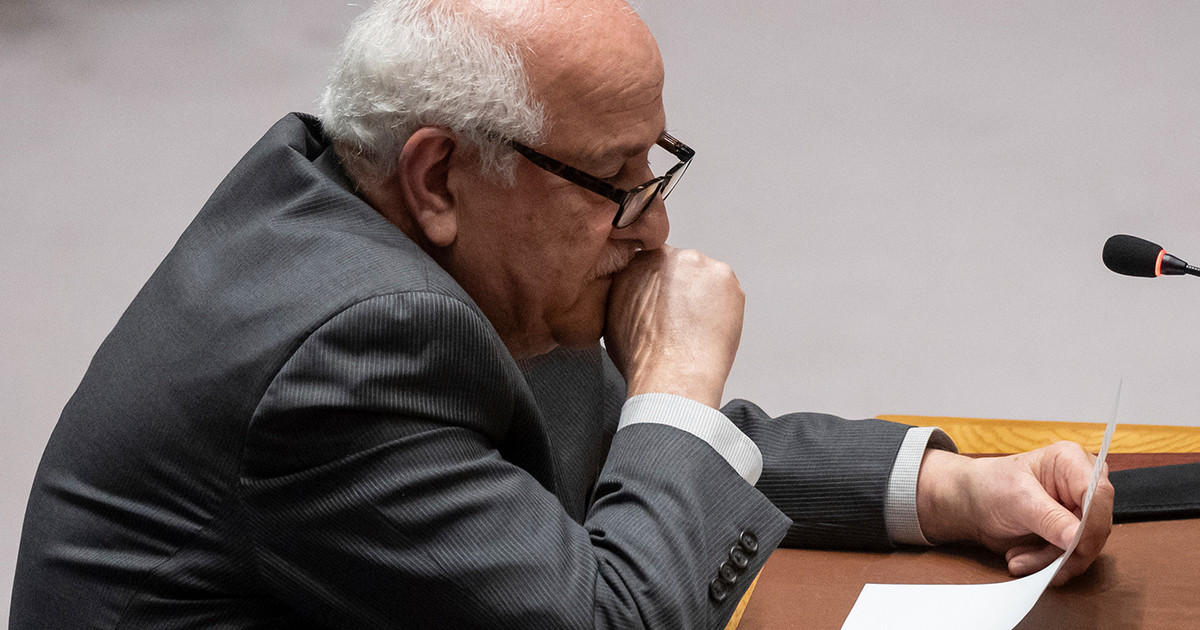For the chief economist of Banco Inter Rafaela Vitória, a good part of the market has already reacted very negatively to the PEC dos Precatório and, the possible approval of the proposal expected for this week, could bring a “relief” due to the end of the uncertainty on the subject .
“There is, in fact, an expectation to have a solution to this issue: a space in the budget for Bolsa Família. It is essential, fundamental to our economy. In the market, no one discusses the validity of this new program and the need to even increase this expense, eventually even extrateto. The big questioning of the market is how this will be done and other expenses that may come together, the fact of having a definition this week may bring some relief. What we see in market prices is an even greater uncertainty regarding the increase in expenses, not only now, but also an increase in expenses in the future.
Rafaela Vitória also says that, despite the very positive fiscal results that the country presented this year, the market has not calmed down, precisely because of the concerns of financial agents with the definition of expenses. “If we know the size of these expenses for 2022, it is possible that we may have some improvement in the market, removing this uncertainty”.
On the other hand, says the economist, “if the PEC does not pass, we start to discuss what the possibilities and alternatives will be, we start to discuss a solution even worse than the PEC of Precatório.”
According to Rafaela, despite a bad solution, the PEC may be the most acceptable among the possibilities. “It’s very bad, very difficult to defend [a PEC]. Postponing precatório was a very unhappy option of Congress with the government. But in fact, if we go back to square one, we’ve already seen options without a ceiling, it could be an even worse result.”
“Good or bad”, she says, “PEC is working on the calculation in the ceiling and determining an expense that will be postponed, but with a certain limit that we know today. So it brings to the market a more or less known volume, of R$ 90 billion”.
But, she says, the quality of that expense is doubtful. “Apart from the R$ 40 billion for the new Bolsa Família, we know that it can come with amendments, with a party fund, expenses that do not contribute to the sustainable development of Brazil.”
The economist says that the market reaction is not just for 2022, but also for 2023. “Remembering that the great fiscal risk that the market sees is to have growth in permanent expenses. This deteriorates the debt trajectory. This is the big problem for the fiscal framework, of unpredictability. And PEc takes some of that [da imprevisibilidade]”.
For Rafaela, the discussion, soon, should be about the security of the fiscal framework. “The question is how we are going to deal in the long term. The ceiling had many benefits for Brazil, but we have reached a time that every year needs a PEC to close the budget. So maybe we need a new credible fiscal anchor. So that you don’t have to do this type of debate every year, so that it brings more uncertainties and more doubts to the market every year.”
The basic text of the PEC dos Precatórios was approved in the first round last Thursday (4), by 312 votes to 144. One of the federal government’s bets on the agenda is the financing of Auxílio Brasil, a social program that replaces the Bolsa Family.
Reference: CNN Brasil
I am Sophia william, author of World Stock Market. I have a degree in journalism from the University of Missouri and I have worked as a reporter for several news websites. I have a passion for writing and informing people about the latest news and events happening in the world. I strive to be accurate and unbiased in my reporting, and I hope to provide readers with valuable information that they can use to make informed decisions.






